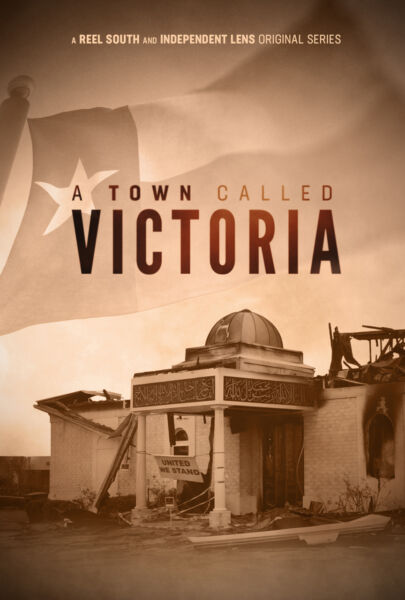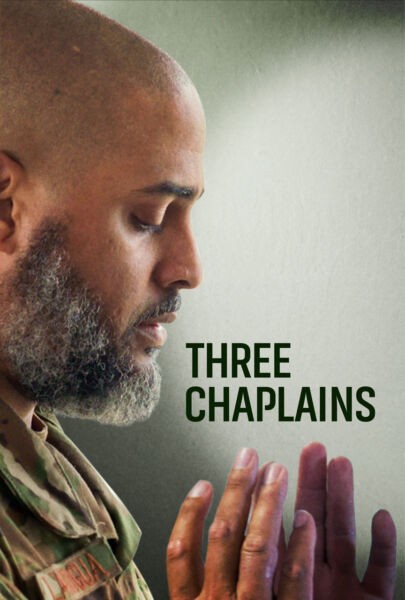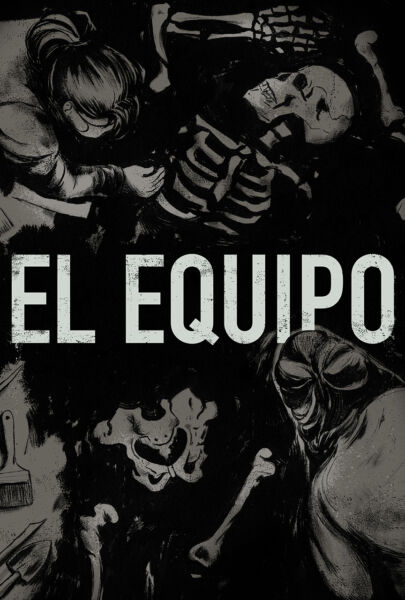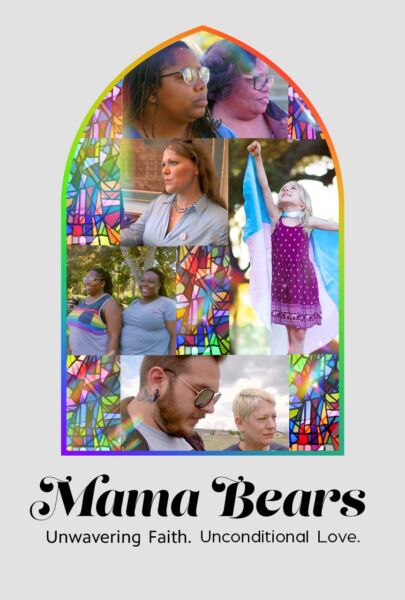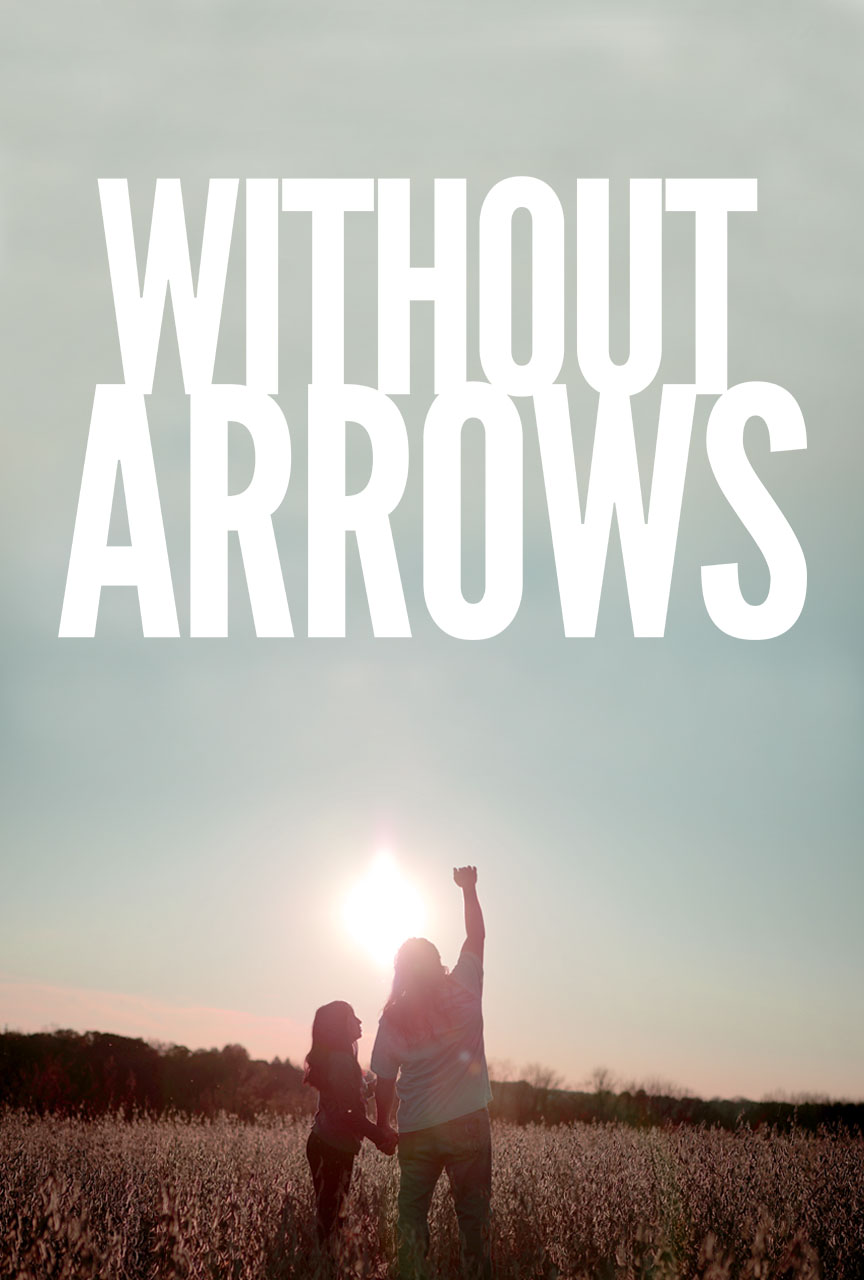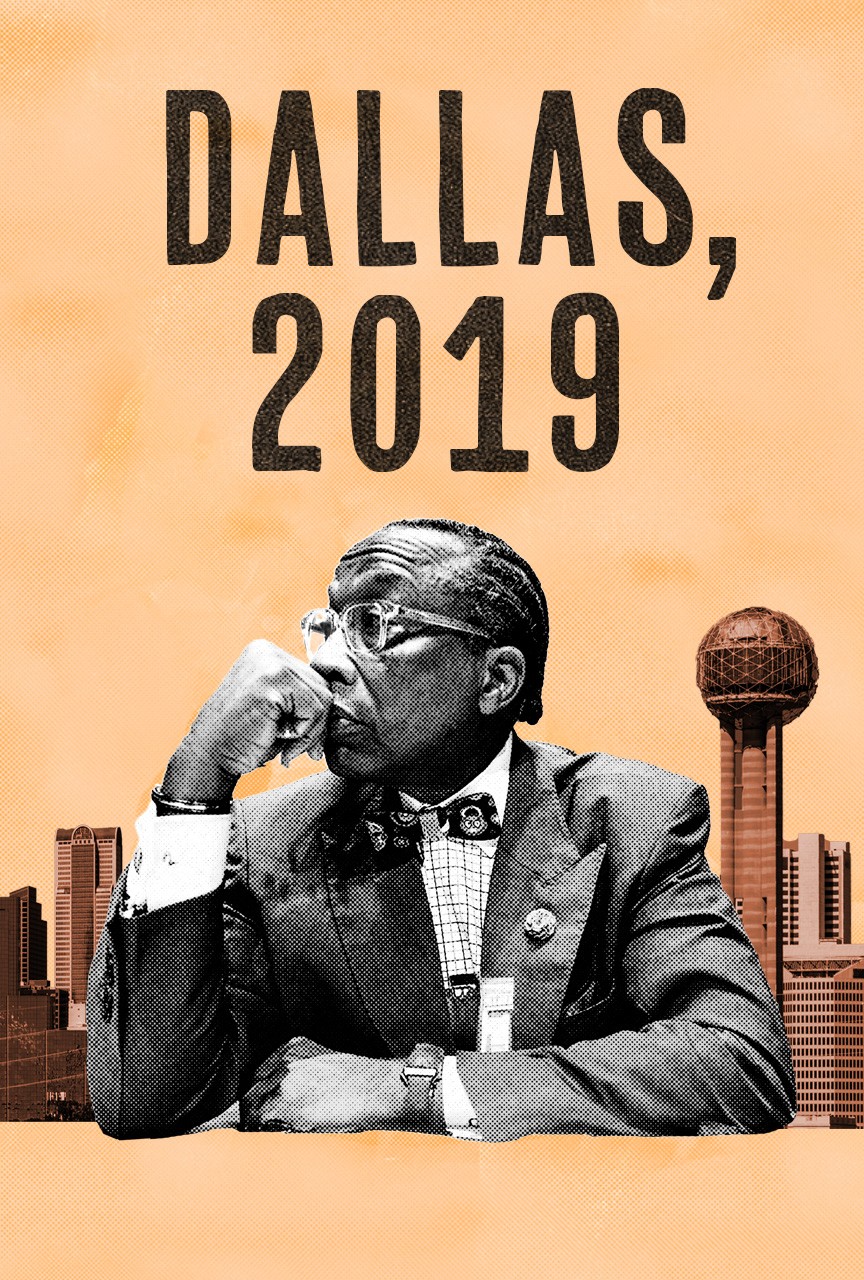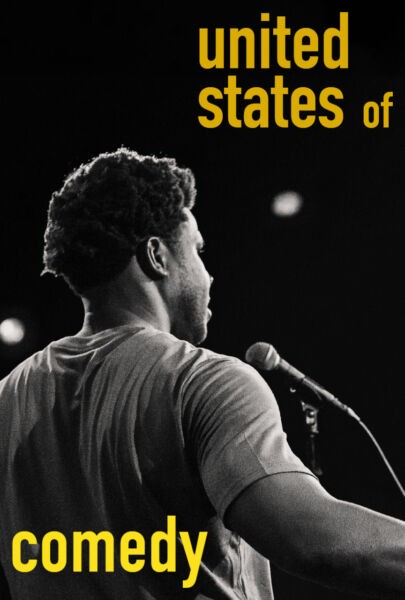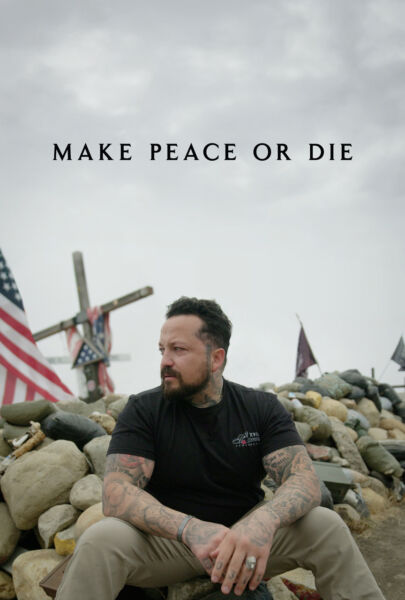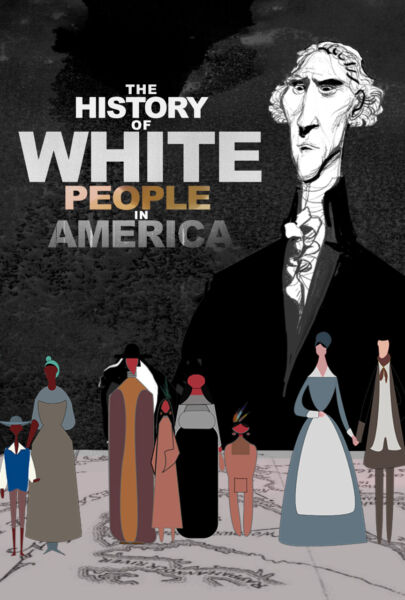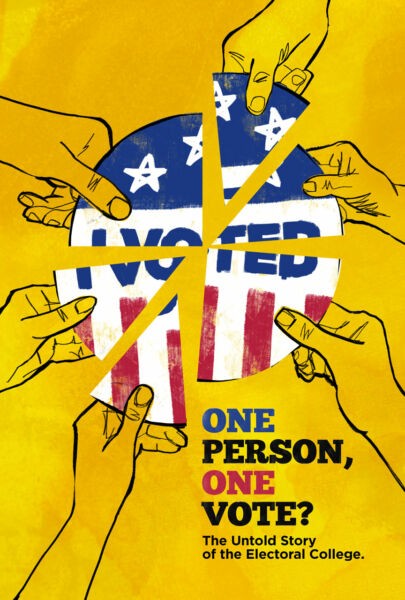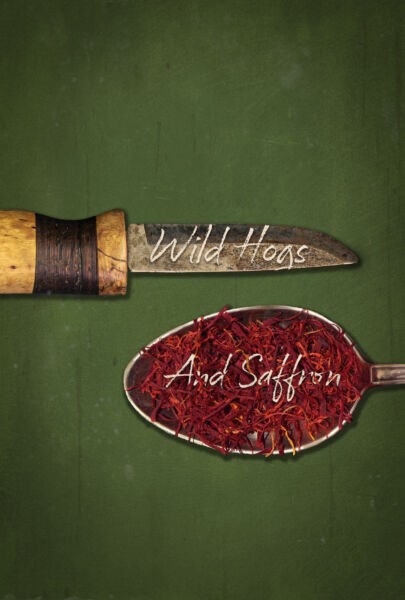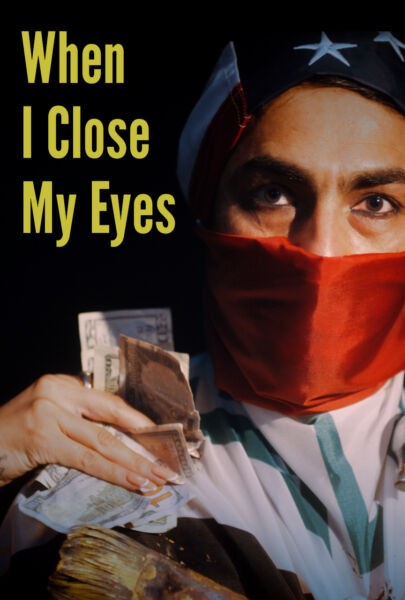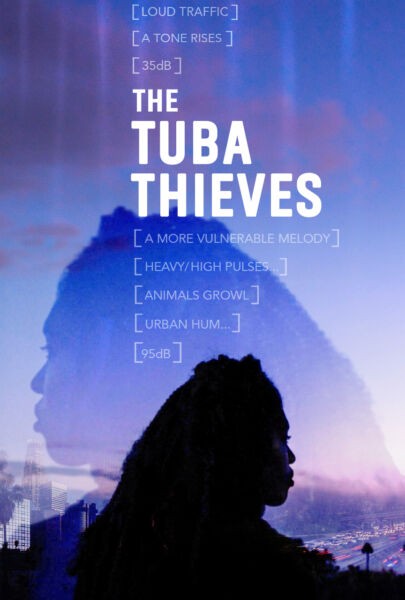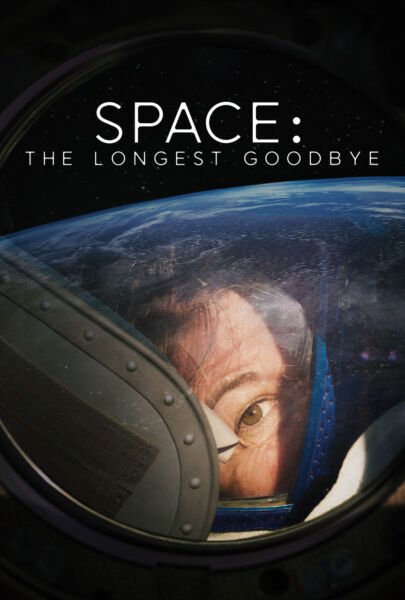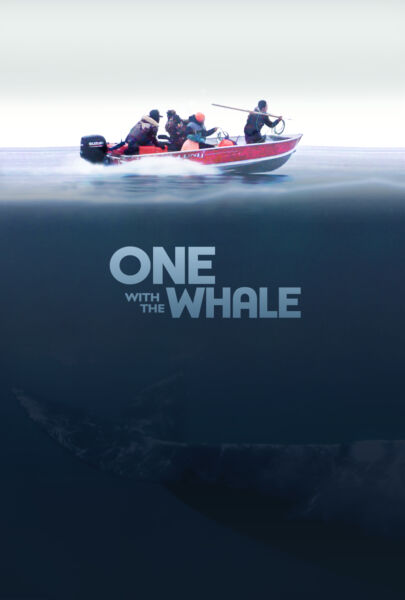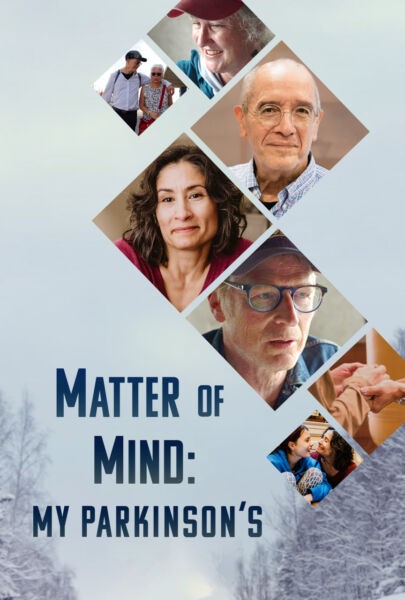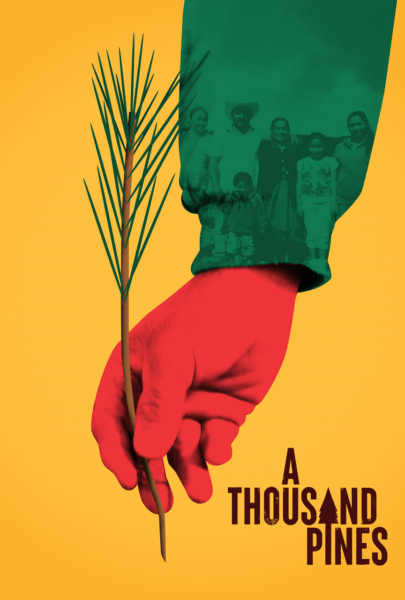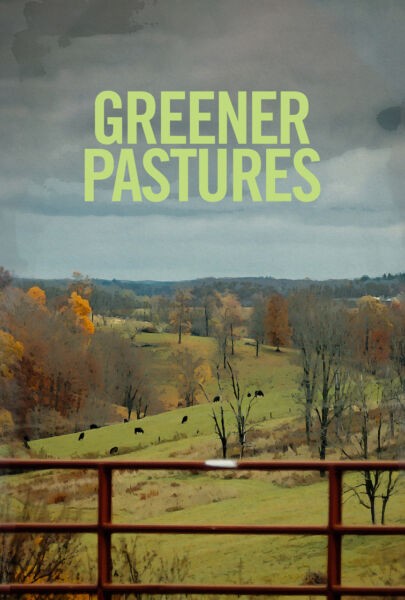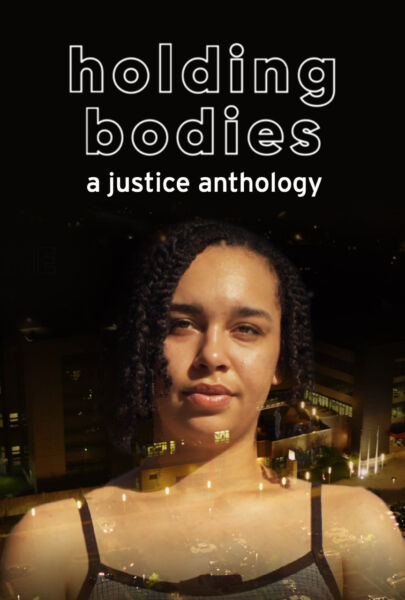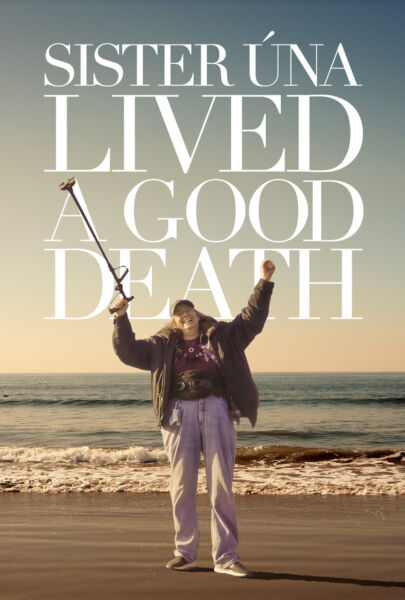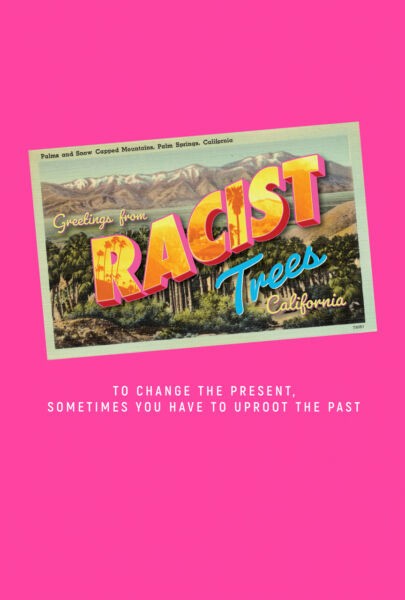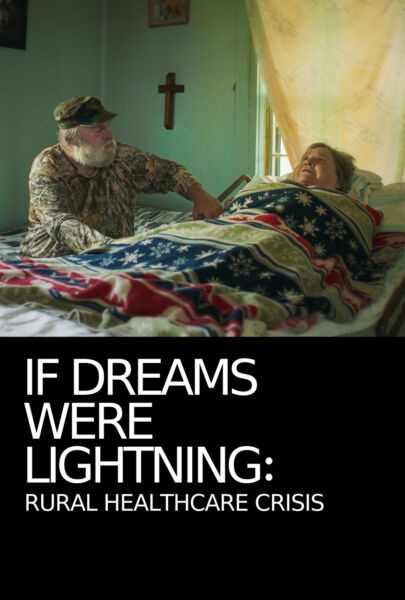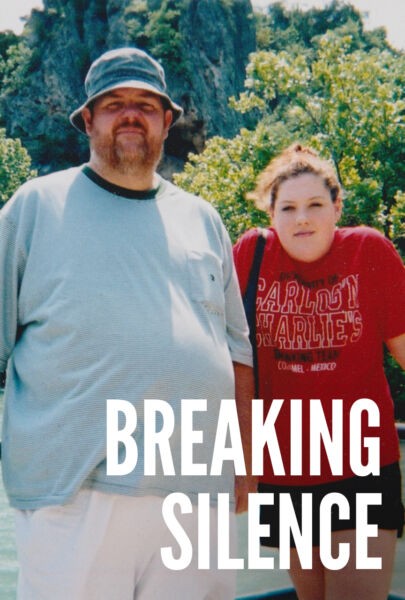Part of our slate for African American History Month, When I Rise premieres on Independent Lens Tuesday, February 8 on PBS. As we do with all of our premieres, we asked the filmmakers to sit down and answer a few probing questions about making the film and about filmmaking in general. Director Mat Hames (pictured) and Executive Producer Don Carleton weigh in.
What impact do you hope this film will have?
Mat Hames (MH), director: I hope the film will bring awareness to the early civil rights movement and highlight the people who were willing to do the right thing. I also hope that the message of forgiveness and redemption will resonate with the audience.
What led you to make When I Rise?
Don Carleton (DC), executive producer: It began with an oral history project in 2006 to record Barbara’s story for archival purposes. Hearing Barbara’s story in her own words inspired us to produce the film; the oral history interviews became the foundation of the film’s storyline.
What were some of the challenges you faced in making your film?
MH: Initially there was so much required reading – books, essays, letters, 1950s newspaper and magazine articles (all fascinating) – that I sort of felt at the time that it would be impossible to tell the story in less than four hours. I made a document that laid out the narrative that kept growing as I amassed more material, thinking that I had to tell the story as a movie, rather than a thesis. I knew I needed to include a range of emotions, a visual style using tons of archival material, and a dramatic story. Ultimately the best thing the film has going for it is Barbara, so we decided to cut in favor of seeing more of her on-camera. It works better as a personal story rather than a historical four-part series. Then there were bigger challenges, but that was the first one.
How did you gain the trust of the subjects in your film?
MH: Barbara is a very trusting person, and I think she always has been which is amazing considering her background. Even so, having the Dolph Briscoe Center pave the way was important because Barbara already had a relationship with the Center. I introduced Barbara to everyone at Alpheus Media and to my family, and I think she really appreciated that personal connection. As we rolled along, I talked a lot on the phone with Barbara and with the eye-witnesses we were planning to interview so they would know my motivations.
What would you have liked to include in the film that didn’t make the cut?
MH: There was a lot that didn’t make the cut. Like weaving in Autherine Lucy and the impact that incident might have had on Logan Wilson’s decision. Also I wish we could have explored the University Baptist Church, near the UT campus, which in ’56 was a safe haven for Barbara and other African-American students. Other groups supported her as well, and they deserved screen time. Also, I would liked to have explored Barbara’s relationship with her parents and her siblings, especially Dinard. They were just one of many incredible families who lived in Center Point, a community centered around church, music, and a highly respected black boarding school.
DC: Compressing Barbara’s life story into a one-hour film was a challenge. We had to leave out details I wish we’d had time for, such as her first two years of college life as an undergraduate at the historically black Prairie View A&M University and more about her career accomplishments.
Tell us about a scene in the film that especially moved or resonated with you.
MH: I’m moved by everything we see in the film about Center Point. Knowing that this once thriving community infused so many lives with hope, but is now almost forgotten by the rest of the world, affected me.
What has the audience response been so far? Has Barbara seen it?
MH: Don and I showed a rough cut to Barbara in New York, and she squeezed both our hands and cried (happy tears) when it was over. Since our SXSW world premiere last March, the film has shown at festivals all over North America, and the response has been very affirming. It’s fun to watch people respond to Barbara. My best memories are of seeing audiences connecting with her during Q&As after screenings. One specific memory is walking with Barbara into the historic Paramount Theater in Austin during SXSW, seeing how happy she looked on the red carpet, and then sitting by her while we watched the film with 1,000 people. She was very vocal, and it made it all worth it.
The independent film business is tough. What keeps you motivated?
MH: What keeps me going is the realization that the films could have an impact on the way the subjects in the film evaluate their own lives. I imagine how I would feel if someone tried to show the positive or negative influence of my life on the people around me. When people see their stories in a film context, there is the potential for them to see a greater significance to their actions.
Why did you choose to present your film on public television?
DC: We want When I Rise to be seen by the broadest audience possible, but we also want the film to inspire discussion groups in communities and classrooms across the country. The PBS commitment to community outreach and engagement, we feel, is the best way to make that happen.
What commonly asked questions have you gotten fromaudiences?
DC: We’ve had more than one audience member ask how we “got permission” from The University of Texas at Austin leadership to produce this film. The University administration did not ask for or receive prior approval of the script or of the final version of the video. In fact, Bill Powers, president of the University, and Steve Leslie, executive vice president and provost, have been supportive of this project from day one. Barbara’s story is a part of the University’s history and of the history of the civil rights movement. Telling that story is both a duty and a privilege.
What didn’t you get done when you were making the film?
MH: One of the advantages of spreading out the production on a film over three years is that you’re able to get things done while working on the film – including other projects and personal stuff. I’ve been busy.
What are your three favorite films?
MH: Currently, Ikiru, Raiders of the Lost Ark, and Crimes and Misdemeanors.
What advice do you have for aspiring filmmakers?
MH: Constantly question your own motivations for wanting to tell stories. If your goal is to influence the world, good – but also consider the lasting effects the film will have on your film’s subjects, long after moved on to your next project.
What do you think is the most inspirational food for making independent film?
MH: I live in Austin, so sadly (for my health), late-night tacos, chips, and salsa.

